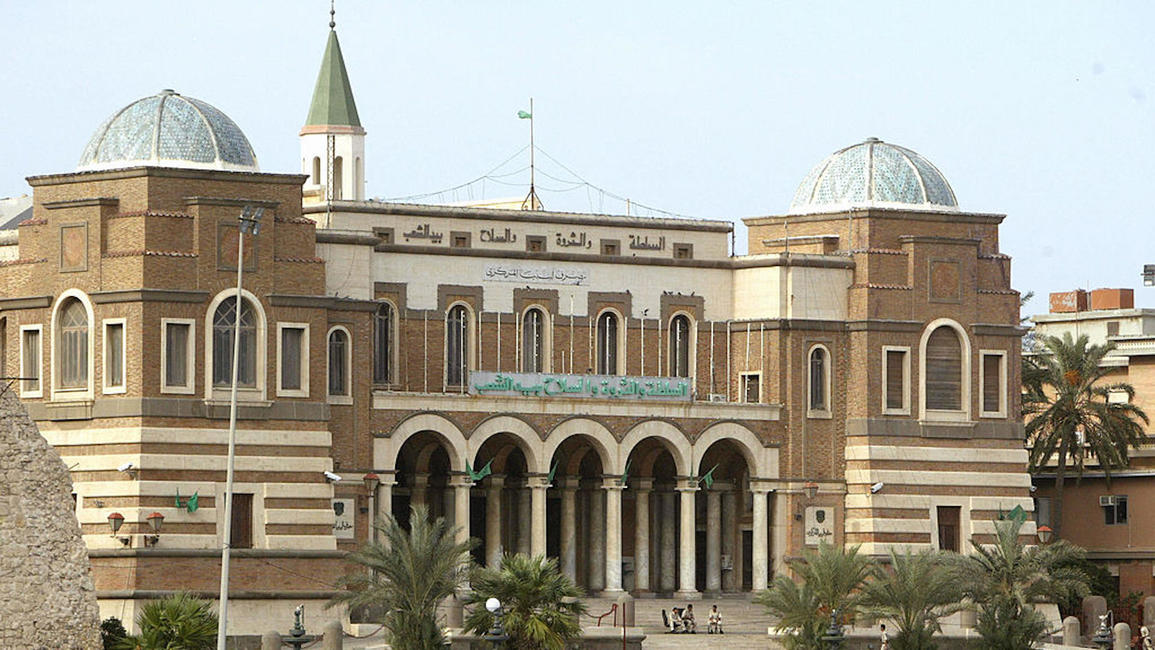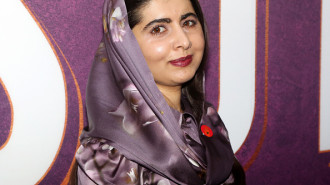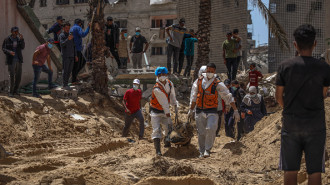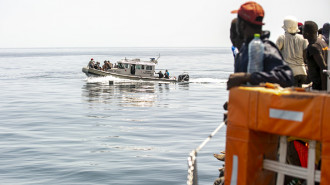Libya central bank unifies exchange rate
After its first full board meeting in six years, Libya's central bank announced on Wednesday a unification and devaluation of official exchange rates, a move that aims to fight corruption.
The rate nationwide from January 3 will be 4.48 Libyan dinars to the dollar for "all public, private commercial and personal transactions in foreign currency", the Tripoli-based body said in a statement.
Over the last two years, two official rates have been in effect: 1.4 dinars to the dollar for public sector transactions, according to a source at the central bank, and 3.9 dinars for personal and private commercial transactions.
Authorities said the move aims to stem corruption and money laundering that have blighted the economy.
Some have profited by buying dollars at the official rate and selling them on the black market, sometimes at more than seven dinars per dollar.
Libya has been riven by violence since a 2011 NATO-backed uprising that toppled and killed veteran dictator Moamer Kadhafi, with two rival administrations vying for control since 2014.
The central bank has also been split between two branches – one in Tripoli, seat of the UN-recognised Government of National Accord (GNA), and another in Benghazi in the east of the country, an area controlled by strongman Khalifa Haftar.
Representatives of the two branches took part in meetings Monday and Tuesday in Geneva that were also attended by the World Bank.
Read also: Libyan father seeks closure after son's forced disappearance
The UN Support Mission in Libya applauded the announcement as "an important and much needed step towards alleviating the suffering of the Libyan people and a good sign that this vital sovereign institution is moving towards unification".
Forces loyal to the GNA and those of rival Haftar formally agreed a ceasefire in October.
Despite holding Africa's biggest oil reserves, the country has long endured shortages of liquidity, fuel and power, while being hit by soaring prices.
Follow us on Facebook, Twitter and Instagram to stay connected



